Do you know which are the oldest cities in Europe? We love history and visiting ancient sites, and started discussing which are the oldest cities in Europe. Europe's oldest cities. It's a question that's not easy to answer, but here's a list of 10 European cities that have many years ago. Have you visited any of them?
Table of contents
Europe's oldest cities
Europe is full of history and ancient cities, founded many thousands of years ago. We became curious to find out which are Europe's oldest cities that are still inhabited.
What are Europe's oldest cities ... really?
It is difficult to determine which of Europe's cities are the oldest. Firstly, we don't always have all the historical facts, and secondly, it is difficult to determine what counts as a 'city' or 'still inhabited'.
For these reasons, listings vary, and we have chosen to follow the English-language Wikipedia's list of oldest inhabited cities. According to this, the Spanish city of Cadiz, for example, is number ten, even though it has been described in some cases as the oldest city in Europe. So the exact order can be taken with a pinch of salt, but all of these cities have been long history.
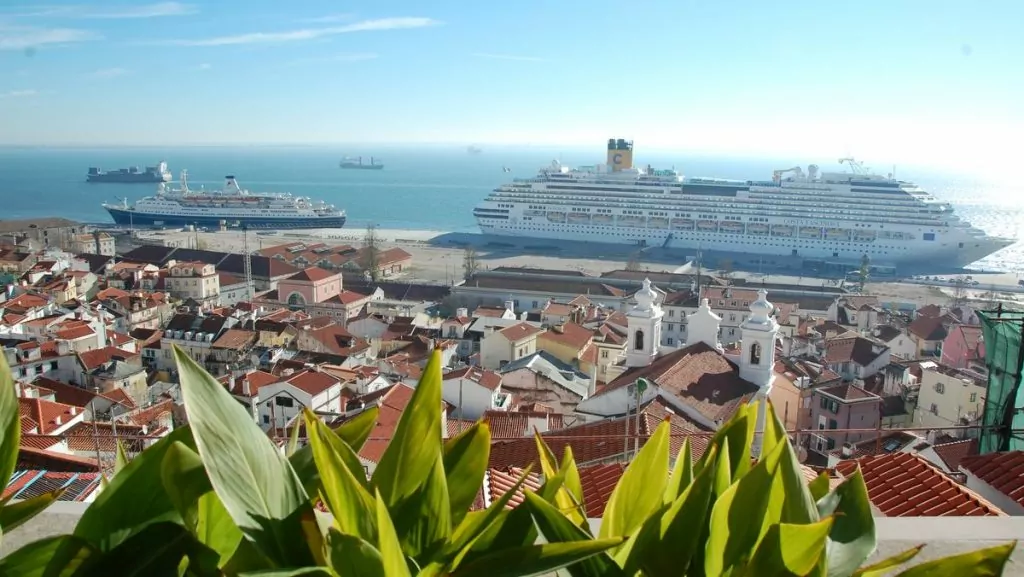
Europe's oldest cities, from 10 to 1
We list Europe's oldest cities still inhabited, from 10 down to number 1, which is the oldest city.
10th Cádiz, Spain
Cádiz is a port city in Andalusia in southern Spain with a population of around 120,000, or around 650,000 if suburbs are included. The city was founded around 1100 BC by Phoenicians, who traded with the city-state of Tartessos. Cadiz later came under Carthage and then Rome, before being conquered by the Moors in 711. In 1262, the city became Spanish.
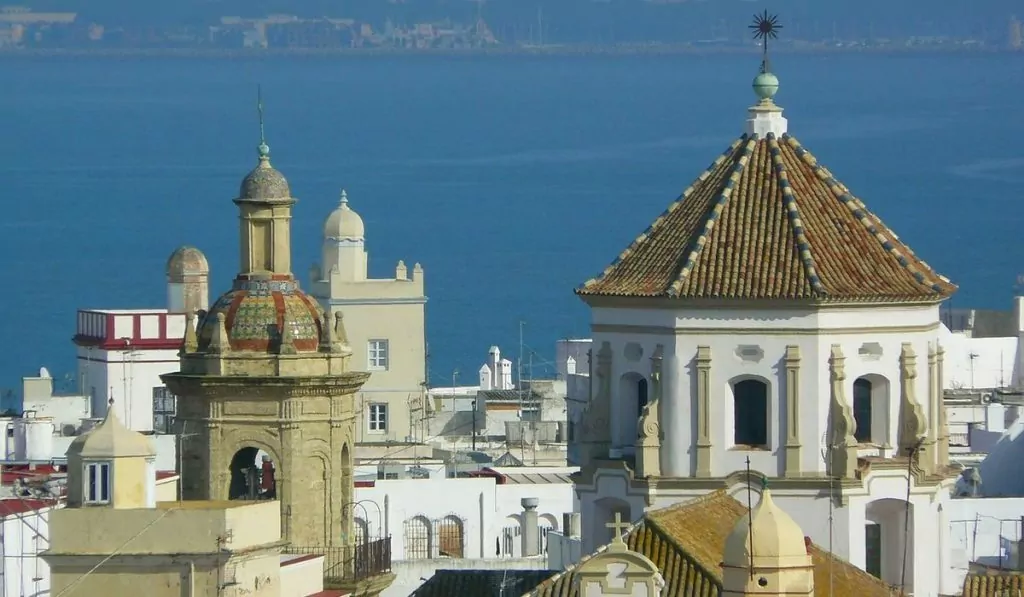
9. Lisbon, Portugal
Lisbon is the capital of Portugal, with around half a million inhabitants in the centre and around 2.8 million in the entire metropolitan area. The city was founded in 1200 BC by Phoenicians and was called Ulissipo. It was later conquered by the Greeks and then the Carthaginians before the Romans took over in 205 BC. After the fall of the Roman Empire, the city was ruled by the Moors before Alfonso II took over in 789.
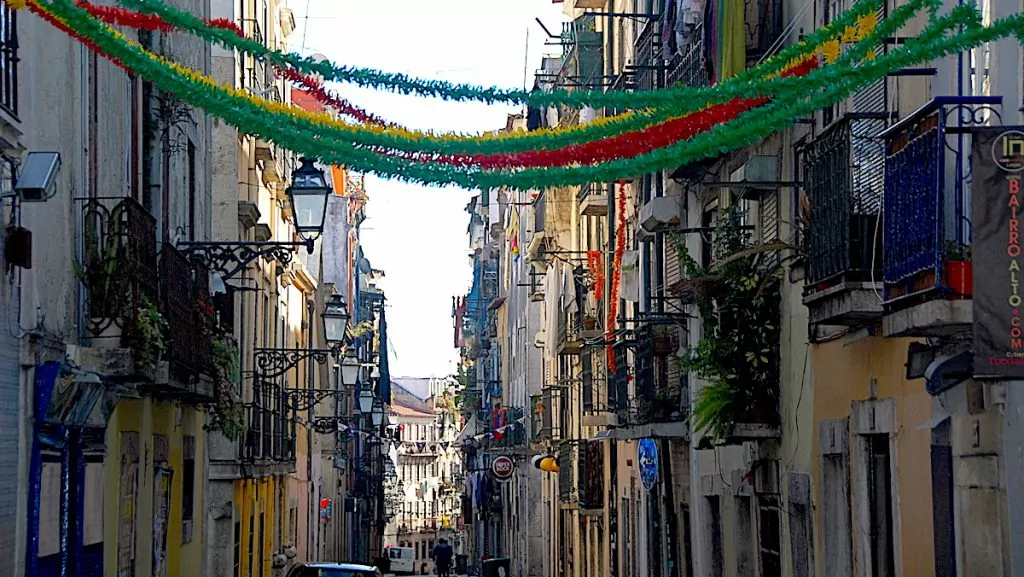
8. Chalkis, Greece
Chalkis is a town on the island of Euboia in Greece with around 75,000 inhabitants. The town has been inhabited since around 1200 BC. In ancient times, trade flourished here, and emigrants from Chalkis also participated in the founding of the city of Naxos in Sicily around 735 BC. In 506 BC, the city was forced to submit to Athens.
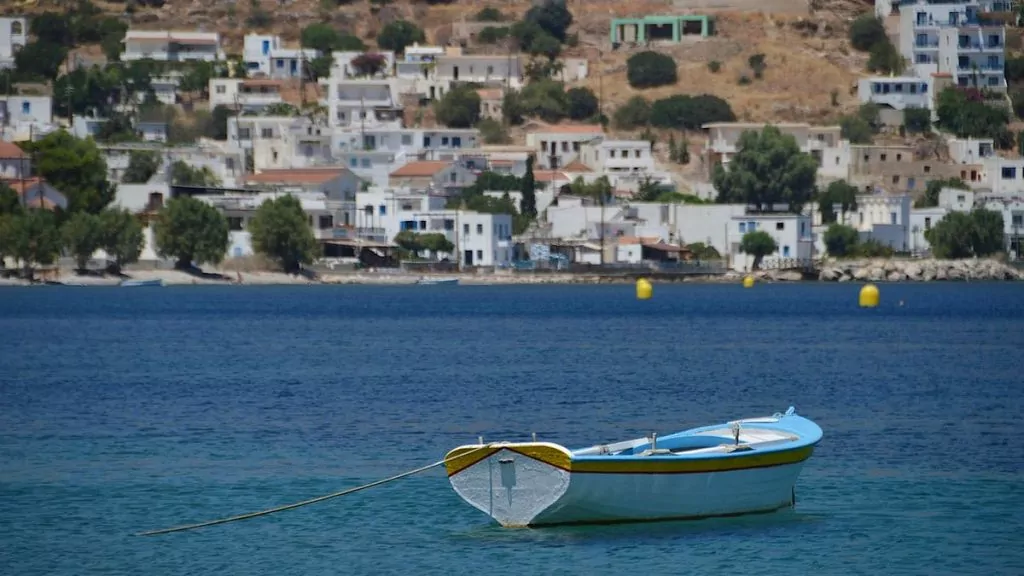
7. Trikala, Greece
Trikala is one of the oldest cities in Europe and is located in north-west Thessaly, Greece. The city has around 81,000 inhabitants, or 131,000 if you count the whole region. Trikala has been inhabited since around 1200 BC, but there are also caves in the area that show that people lived in the area much earlier than that. The ancient city was founded as Trikke after the nymph Trikke.
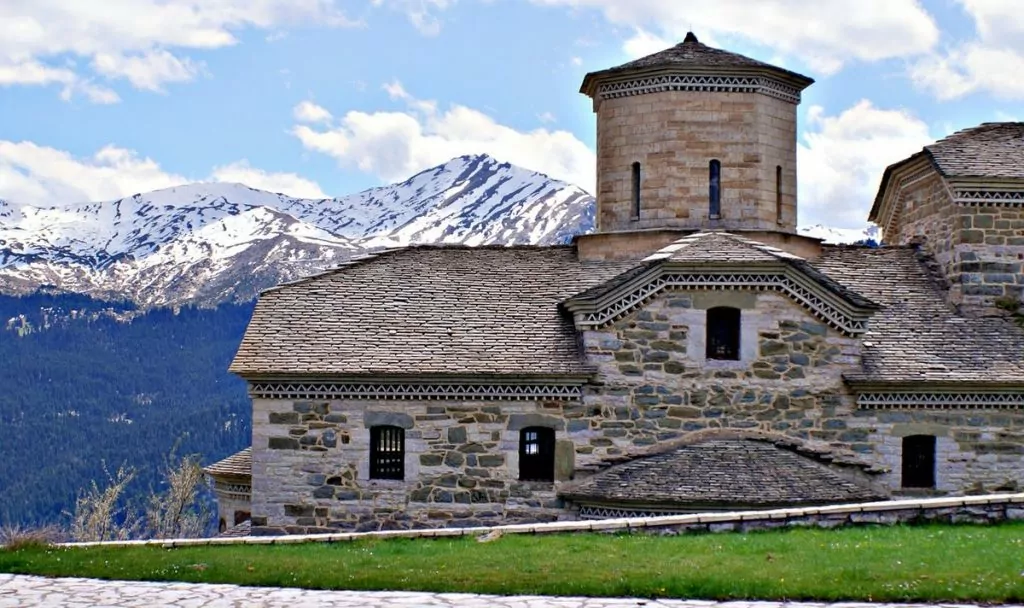
6. Larnaca, Cyprus
Larnaca is today the third largest city on the island. Cyprus with around 77 000 inhabitants, or 144 000 if you count the entire metropolitan area. People have been living here since around 1400 BC, when the area and kingdom was called Kition. The city was an important trading harbour in Roman times, but was sacked by the Arabs in the 6th century.
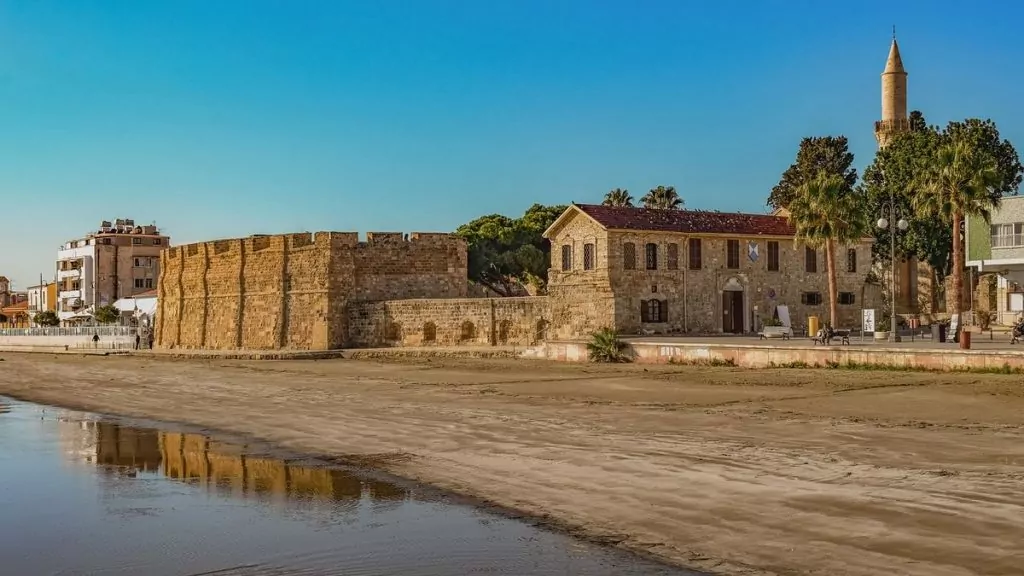
5. Thebes, Greece
Thebes is located north-west of Athens and is today a small town with just over 23 000 inhabitants. The area has been populated since around 1600 - 1250 BC. During the early Mycenaean period, the city was given a ring wall with seven gates, and the city was therefore called the "seven-gate city". Little else is known except that the city was owned by a landowning aristocracy.
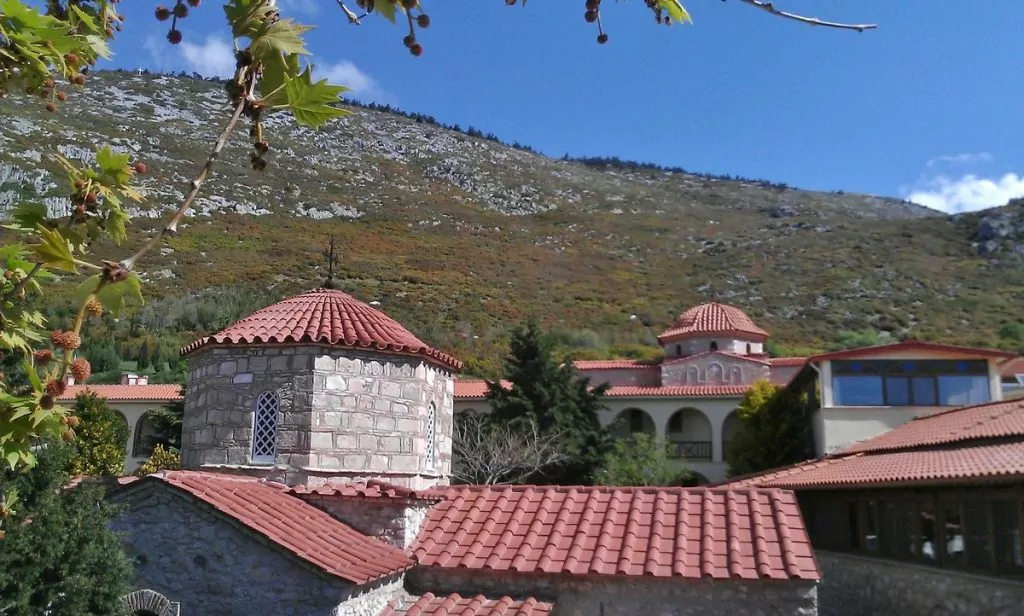
4. Chania in Crete, Greece
Chania is the second largest island on the Greek island of Crete and currently has a population of around 54 000 inhabitants, or 108 000 if you count the entire municipality. Archaeological excavations indicate that this is one of Europe's oldest cities, with a population dating back to 1700 BC. In Minoan times there was a large settlement here, which may have corresponded to the ancient city of Kydonia.
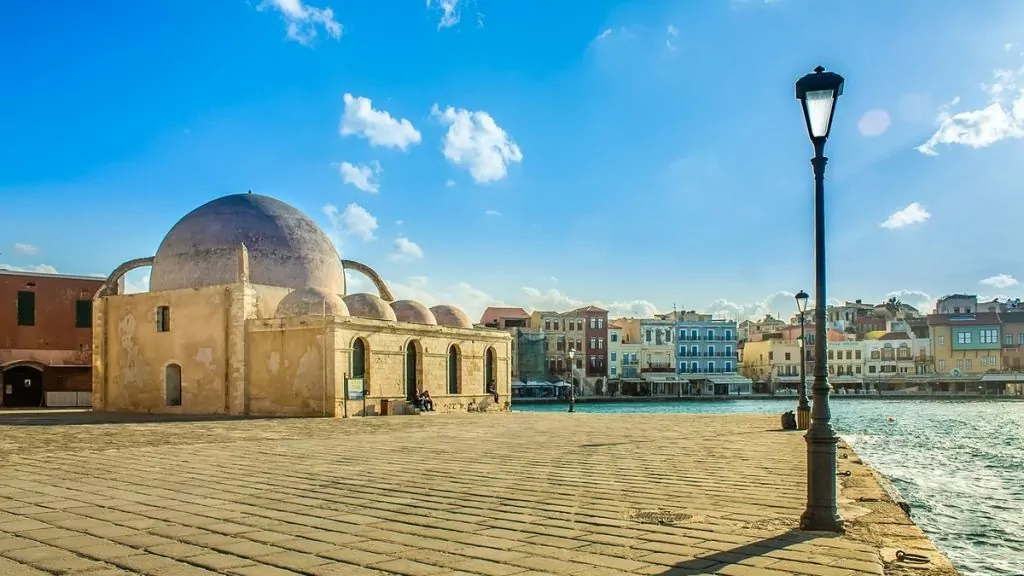
3. Athens, Greece
Athens is the capital of Greece and today has around 753 000 inhabitants, or four million if you count the suburbs. The city has been continuously inhabited for at least 7000 years, dating back to around 6000 - 5000 BC. The first settlements were built on the Acropolis rock. According to Greek mythology, the city was named after Athena, the goddess of wisdom.
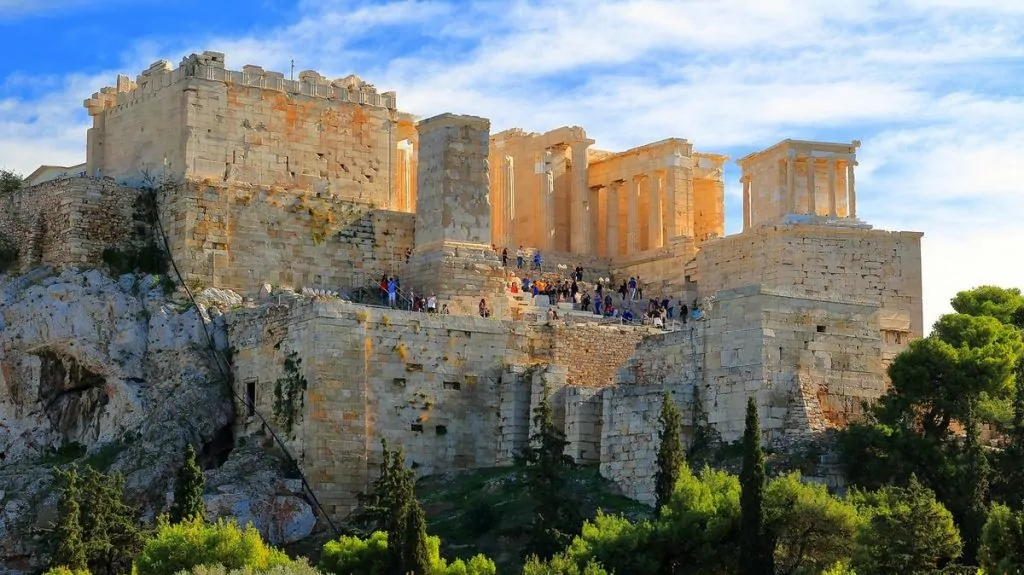
2. Argos, Greece
Argos is a small town on the Peloponnese peninsula in Greece, with around 22,000 inhabitants. There are traces that indicate that the area has been continuously populated since 6000 - 5000 years before Christ. Argos was a stronghold during the Mycenaean period, around 1500 - 1000 BC.
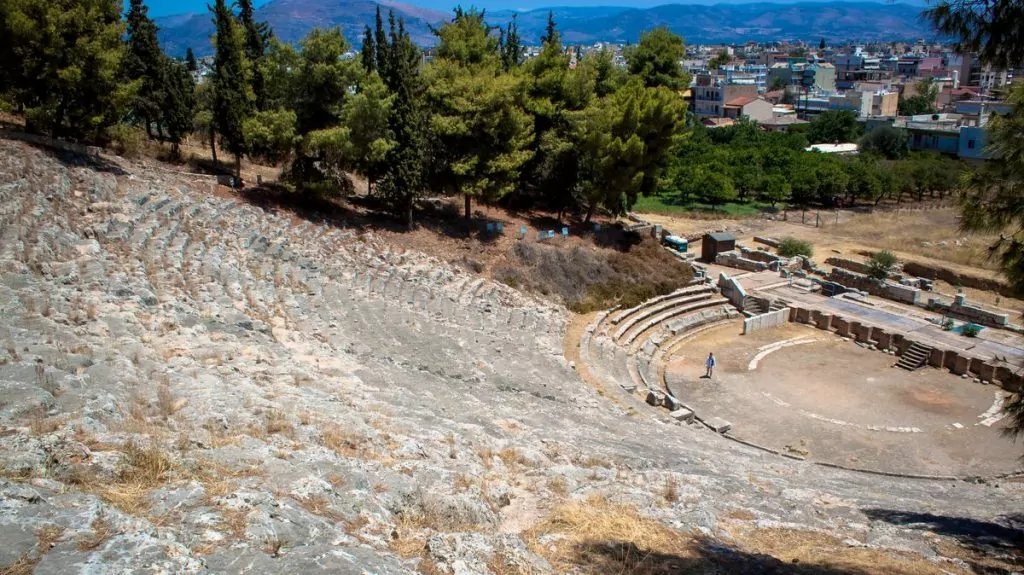
1st Plovdiv, Bulgaria
Plovdiv is the second largest city in Bulgaria with a population of about 347,000 people, or 675,000 if you count the entire metropolitan area. The city's history spans more than 8,000 years and several empires have left their mark in the city's 12 metre deep layers.
The first signs of settlement date back to 6000 BC, and Nebet Tebe, one of the hills in Plovdiv, has been populated ever since. The city was fortified around 1200 BC and changed its name to Evmolpia, after King Evmolp. Around 342 BC the city was conquered by Phillip II and changed its name to Philippopolis. Today's name Plovdiv is probably a linguistic transformation of this name.
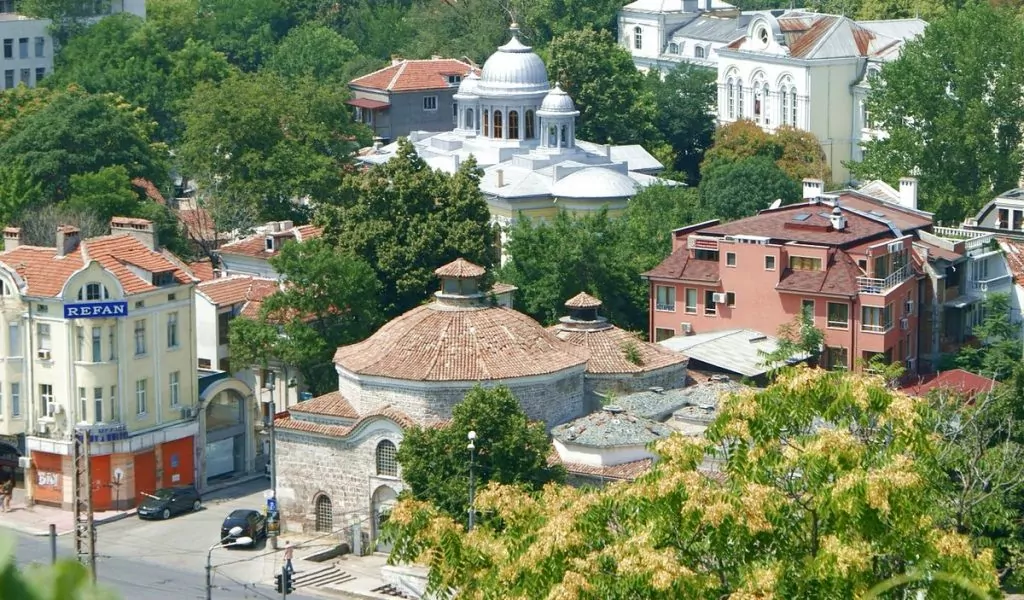
Have you visited one or more of Europe's oldest cities?
Have you visited one or more of Europe's oldest cities? The only one of these old cities that we have visited is Lisbon. We became curious about Larnaca when we recently wrote a post about it. Cyprus. Of course, Greece must also be interesting to travel around if you are interested in history!
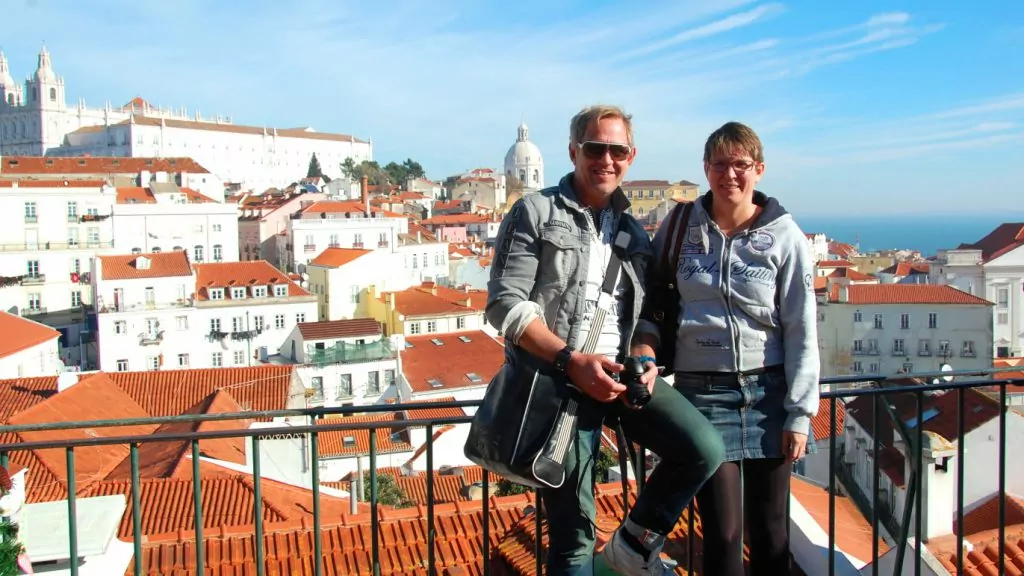


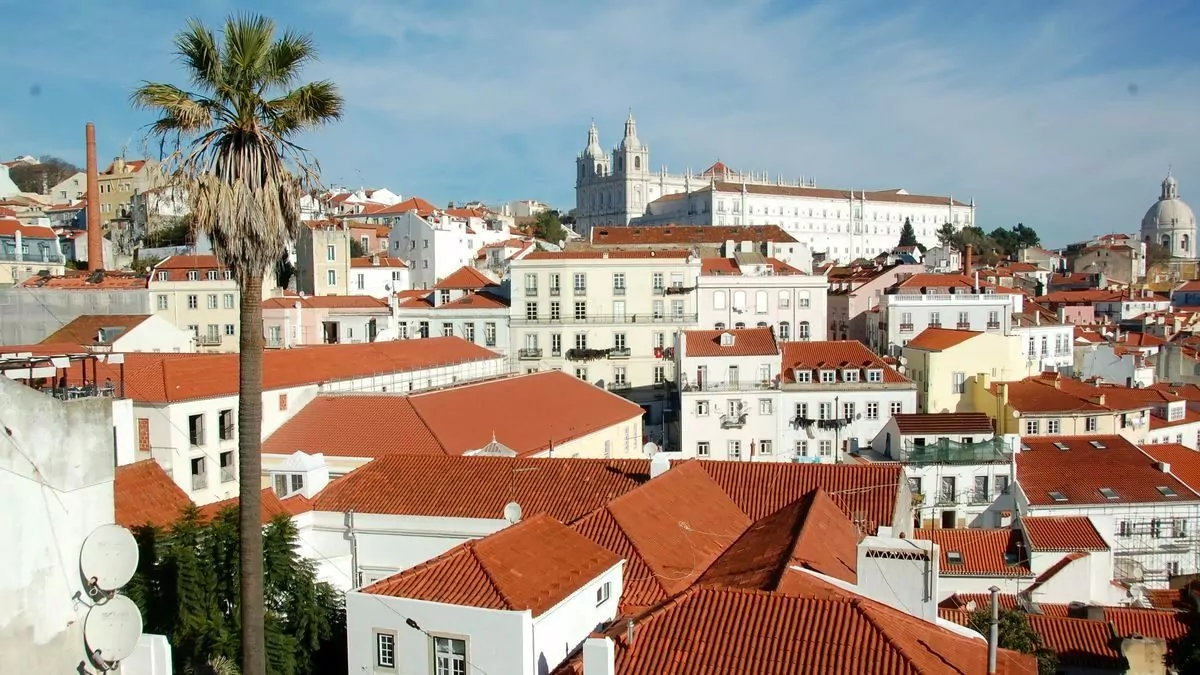










Ama de casa says:
I have visited half of those cities. Bulgaria I have not been to at all and four of the Greek cities I have not seen either.
Hope you have a great rest of May!
02 May 2019 - 8:16
Helena says:
Not bad! We have been very little in Greece, so have not seen much of these cities at all ... unfortunately.
02 May 2019 - 18:35
Ruth in Virginia says:
Cadiz and Lisbon.
(it's a pity that the Lisbon header is ruined by that
horrible "sailing" apartment building)
02 May 2019 - 9:49
Helena says:
Haha, I had to think for a while, but I think you mean the house on the left in the picture...? 😉
02 May 2019 - 18:36
Ditte says:
Great list! And not surprising that Greece leads the league. Have visited all except Plovdiv, Chalkis and Trikala. But they will have to wait...
02 May 2019 - 10:07
Helena says:
No, it's not entirely unexpected! Good job to have visited so many! 🙂
02 May 2019 - 18:37
Ann-Louise Paulsson says:
Of these ten, I've also only been to Lisbon. I was really keen to visit some more of these old cities now that I read your list.
02 May 2019 - 11:14
Helena says:
I feel like I need to travel a bit more in Greece! 🙂
02 May 2019 - 18:37
Askla says:
So far I've visited Lisbon, Larnaca, Athens and Plovdiv, but some of the others are on my bucket list, such as Cadiz and Argos.
02 May 2019 - 11:56
Helena says:
Interesting that you visited Plovdiv! I didn't know anything about that city until I read up on it ...
02 May 2019 - 18:38
Denandraresan.com (Caroline King) says:
We visited Pisek last week. It is a town in the south of the Czech Republic that has been inhabited since 900 BC. but it only became a real city in the 14th century. There is one of the oldest bridges in Central Europe and the oldest hydroelectric power station here. A blog post about this will be posted later in the afternoon today. Otherwise, we have visited many fine old cities around the Mediterranean. Taormina and Syracuse are two of the favourites.
02 May 2019 - 12:20
Helena says:
Exciting! May check in with you later! Agree that Taormina and Syracuse are nice cities, and also Noto which is nearby!
02 May 2019 - 18:38
Britt-Marie Lundgren says:
Lisbon and a full day by local bus to Chania is what we can tick off the list (Larnaca airport cannot be counted..).
Many of the Greek cities I have never heard of...
02 May 2019 - 13:42
Helena says:
Some of the Greek cities on the list are very small today. Hadn't heard of many of them either ...
02 May 2019 - 18:39
BP says:
I think Ruth means the cruise ship that ruins the first picture of Lisbon. She doesn't like such "houses" as much as I do;-)
Have been to Cadiz and Larnaca. Both cities are highly recommended.
02 May 2019 - 21:07
Snows says:
Have only visited number 4 and some of them I had not heard of.
02 May 2019 - 21:18
Marianne - Glimpses of the world says:
Of these ten, I have only visited Lisbon. I understand that Greece is the place to go to visit old cities... I already knew that, but I didn't realise that almost all the oldest cities in Europe are in Greece.
02 May 2019 - 22:39
Lena - good for the soul says:
It was not so surprising that Greece took many of the places, but Bulgaria. Never thought that Bulgaria could be on such a list! I have only been to Larnaca of these places.
Hug Lena
03 May 2019 - 7:11
Johnny Friskilä says:
Of these, I have probably only been to Lisbon and Larnaca. Oslo celebrated its 900th anniversary in 1950. In 2000 they celebrated their 1000th anniversary. Not that the city is so very old in historical terms, but I just wanted to illustrate that it's difficult with age. 😉
03 May 2019 - 10:00
4000mil says:
Not much of it actually, just Lisbon and Athens.
A lot of cities in Greece were.
04 May 2019 - 10:47